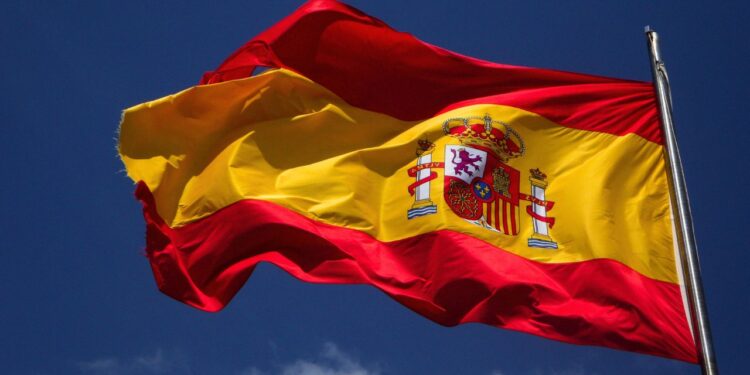On Monday, Spain announced its decision to terminate the “golden visa” program, which granted residency to non-EU investors purchasing property over €500,000 ($541,250).
The change in policy could decrease the number of digital nomads and foreign workers within the country. According to a report published by Reuters, the decision to end the program is part of the country’s commitment to address rising housing costs and social inequality.
Originally launched in 2013, the program attracted significant foreign investment but has faced criticism for inflating local real estate prices, disproportionately benefiting the wealthy, and failing to yield substantial economic gains.
The end of the Golden Visa program aligns with a broader trend among some EU-countries, including Portugal and Greece, who are also reevaluating their golden visa initiatives amid similar economic challenges. Data from Statistics Portugal reveals that a record 250,000 residents, representing around 5% of the working-age population, worked at least two jobs in 2023. This figure has increased significantly since 2011 and reflects a growing financial strain placed on Portugal’s citizens rather than experiencing professional growth opportunities.
According to Visa Guide’s Digital Nomad Index — which ranks countries based on factors including internet speed, living costs, and tax-free periods — Spain, Portugal and Greece all rank in the top 30 best countries for digital nomads. Greece is ranked at the 28th spot, while Portugal placed 6th. Spain tops that ranking at the number one spot. However, Spain’s decision to terminate the golden visa policy demonstrates a strategic step towards improving housing affordability and socio-economic balance for locals, which could impact future foreign real estate investments in the country.

 Dr. Gleb Tsipursky – The Office Whisperer
Dr. Gleb Tsipursky – The Office Whisperer Cat Johnson – Coworking Marketing Maven
Cat Johnson – Coworking Marketing Maven Angela Howard – Culture Expert
Angela Howard – Culture Expert Drew Jones – Design & Innovation
Drew Jones – Design & Innovation Andrea Pirrotti-Dranchak – Competitive Advantage
Andrea Pirrotti-Dranchak – Competitive Advantage Jonathan Price – CRE & Flex Expert
Jonathan Price – CRE & Flex Expert Jeremy Fennema – Tech Innovation Alchemist
Jeremy Fennema – Tech Innovation Alchemist







